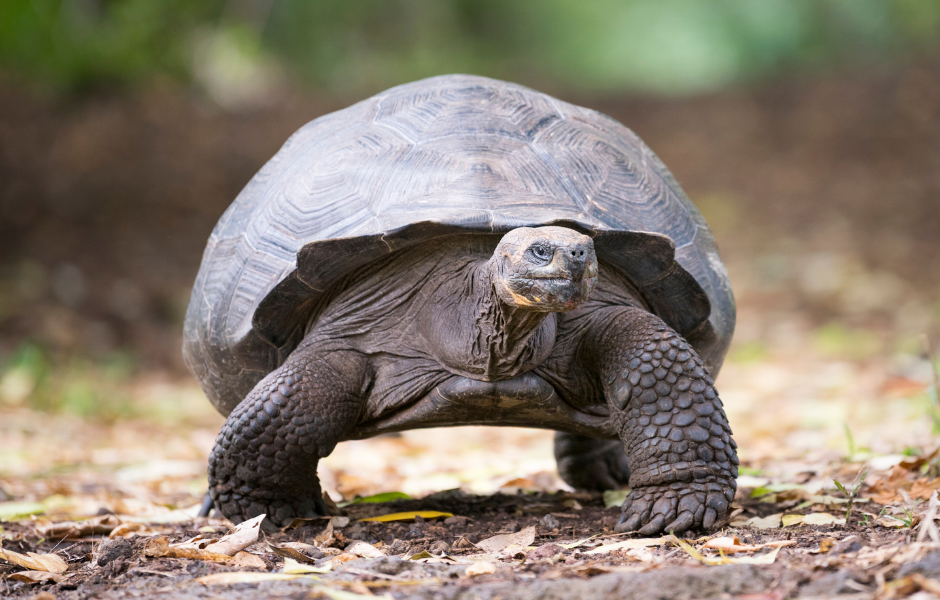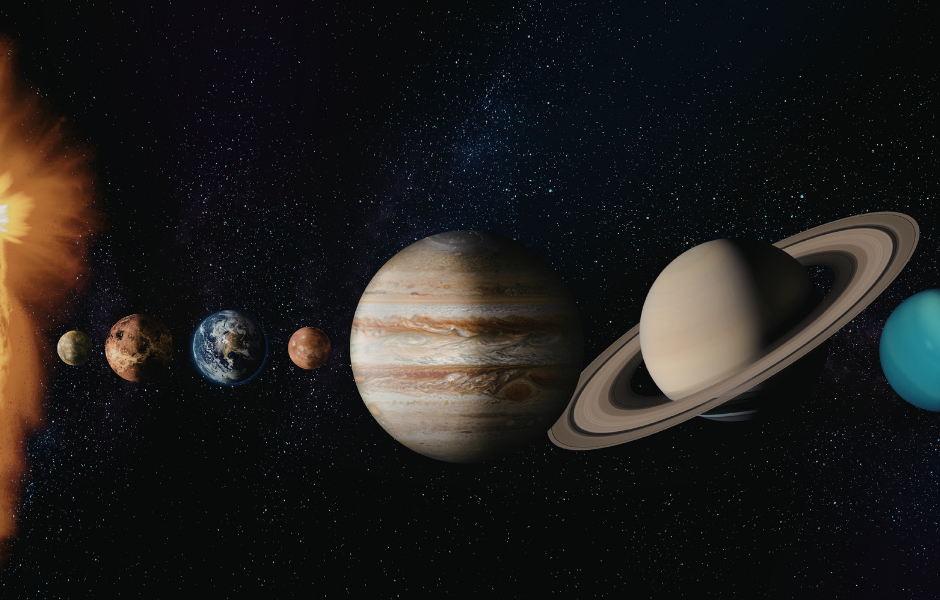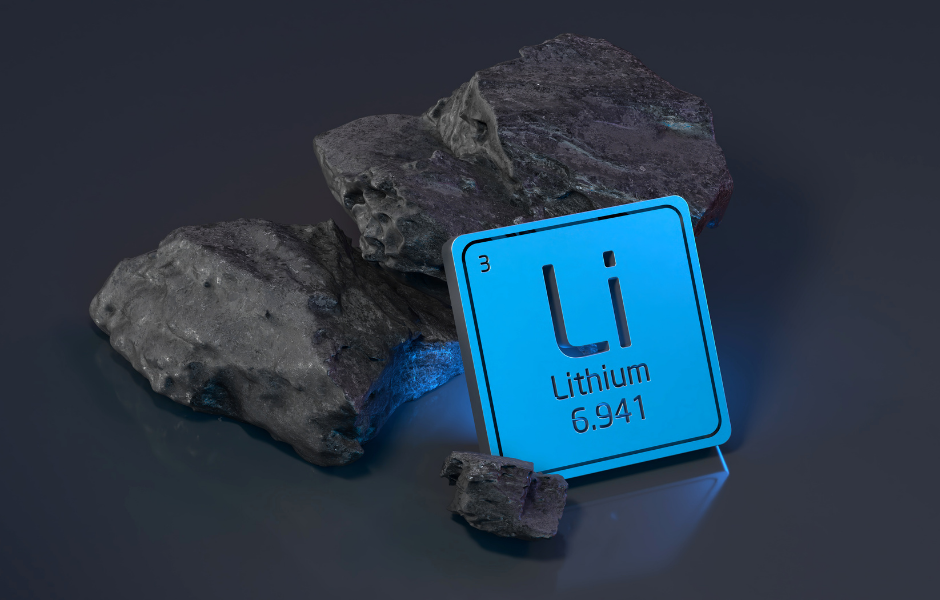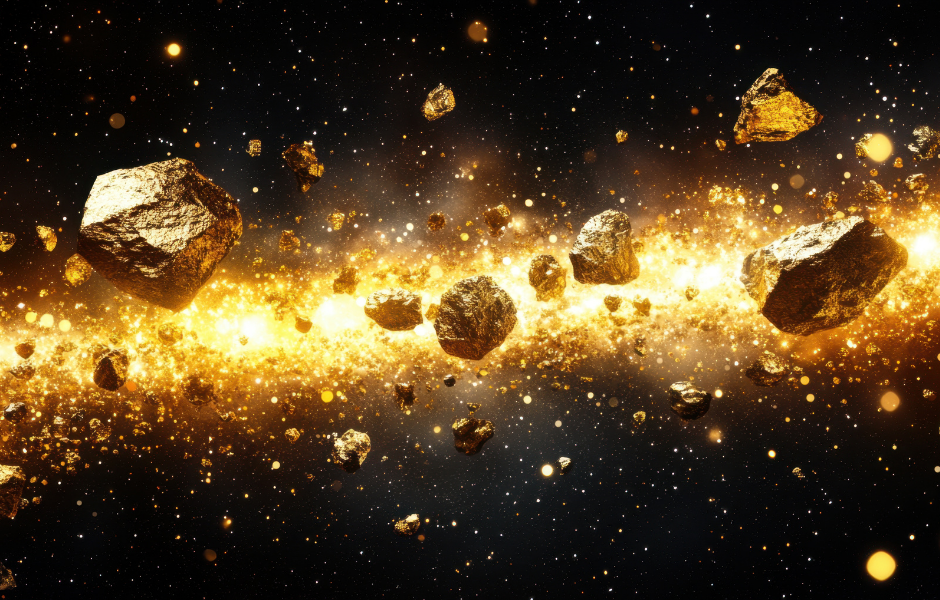
This children’s article, Space junk for kids: Why rubbish orbits the Earth, has been written for native English speakers and learners of English as a second or foreign language. It can help children practise reading and comprehension, learn useful vocabulary, and explore a surprising problem in space. Written by Sinead O’Carroll, an English teacher and writer.
Rubbish in space
When people think about space, they imagine stars, planets, and rockets. Few people imagine rubbish. Yet there are thousands of pieces of space junk flying around Earth right now.
Space junk, also known as debris, is made up of old satellites, broken rocket parts, and even tiny bits of paint or metal left behind from space missions.
How does space junk get up there?
Whenever humans launch rockets or satellites, not everything comes back down. Some parts are left floating in orbit around Earth.
Over the last 60 years, every space mission has added more and more objects. Some are as small as a bolt. Others are as large as a bus!
Why is it a problem?
Space junk moves very fast, sometimes more than 22,000 kilometres per hour. At those speeds, even a small piece can cause serious damage if it crashes into a satellite or spacecraft.
Astronauts on the International Space Station keep a close watch, and sometimes the station has to move to avoid dangerous debris.
Can we clean it up?
Scientists and engineers are working on ideas to clear space junk. Some want to use nets or giant robotic arms to catch big pieces. Others are testing lasers that can push junk back into Earth’s atmosphere, where it burns up safely.
Cleaning space is a challenge, but it is important to protect future space missions.
A growing sky problem
Space agencies keep track of more than 30,000 pieces of debris larger than a tennis ball, and there are millions of smaller fragments too small to see easily. The more satellites we send into orbit, the more carefully we need to think about the rubbish in space.
For more about how scientists track space junk, you can visit NASA’s Orbital Debris Program.
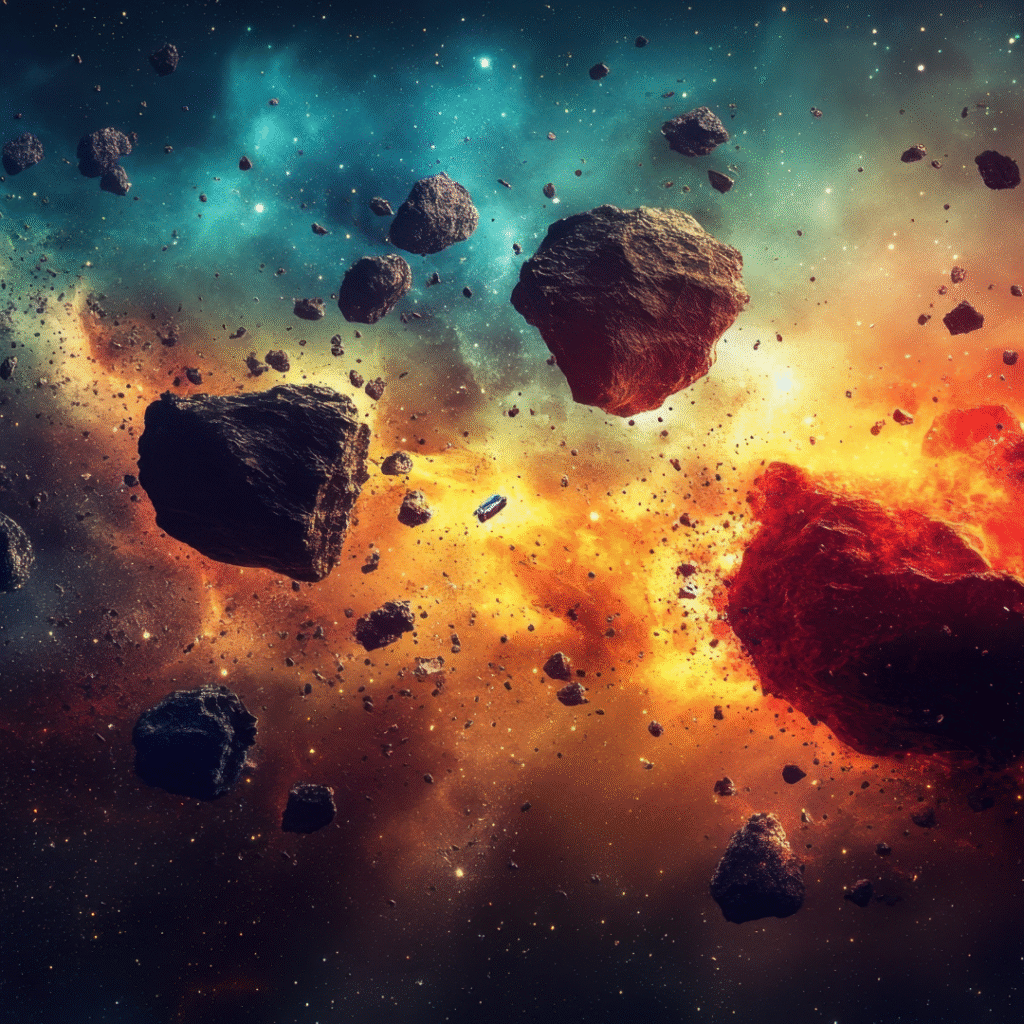
Article vocabulary list
- Satellite – a machine placed in space that orbits Earth or another planet
- Orbit – the path something takes when it moves around a planet or star
- Debris – broken pieces left over after something is destroyed or damaged
- Astronaut – a person trained to travel and work in space
- Atmosphere – the layer of gases surrounding a planet
- Spacecraft – a vehicle designed to travel in space
- Mission – a planned journey or task, often for science or exploration
- Laser – a powerful beam of light used in science and technology
Comprehension questions
Just click the plus (+) to see the answer
1. What is space junk made of?
a) Stars and planets
b) Old satellites and rocket parts
c) Clouds and gases
Answer: b) Old satellites and rocket parts
2. How fast can space junk travel?
a) 100 km/h
b) 1,000 km/h
c) 22,000 km/h
Answer: c) 22,000 km/h
3. Why is space junk dangerous?
a) It can block sunlight
b) It can damage spacecraft
c) It makes space dirty
Answer: b) It can damage spacecraft
4. What might scientists use to clean up space junk?
a) Nets or lasers
b) Brooms and bins
c) Magnets
Answer: a) Nets or lasers
5. What happens to junk that re-enters Earth’s atmosphere?
a) It stays in the sky forever
b) It burns up safely
c) It becomes a star
Answer: b) It burns up safely
Sinead is a writer and EFL teacher with eight years’ experience. She’s a native English speaker who loves making news stories fun and easy to understand for children around the world. Her passions include travel, animals, and helping to make the world a kinder, more sustainable place.

